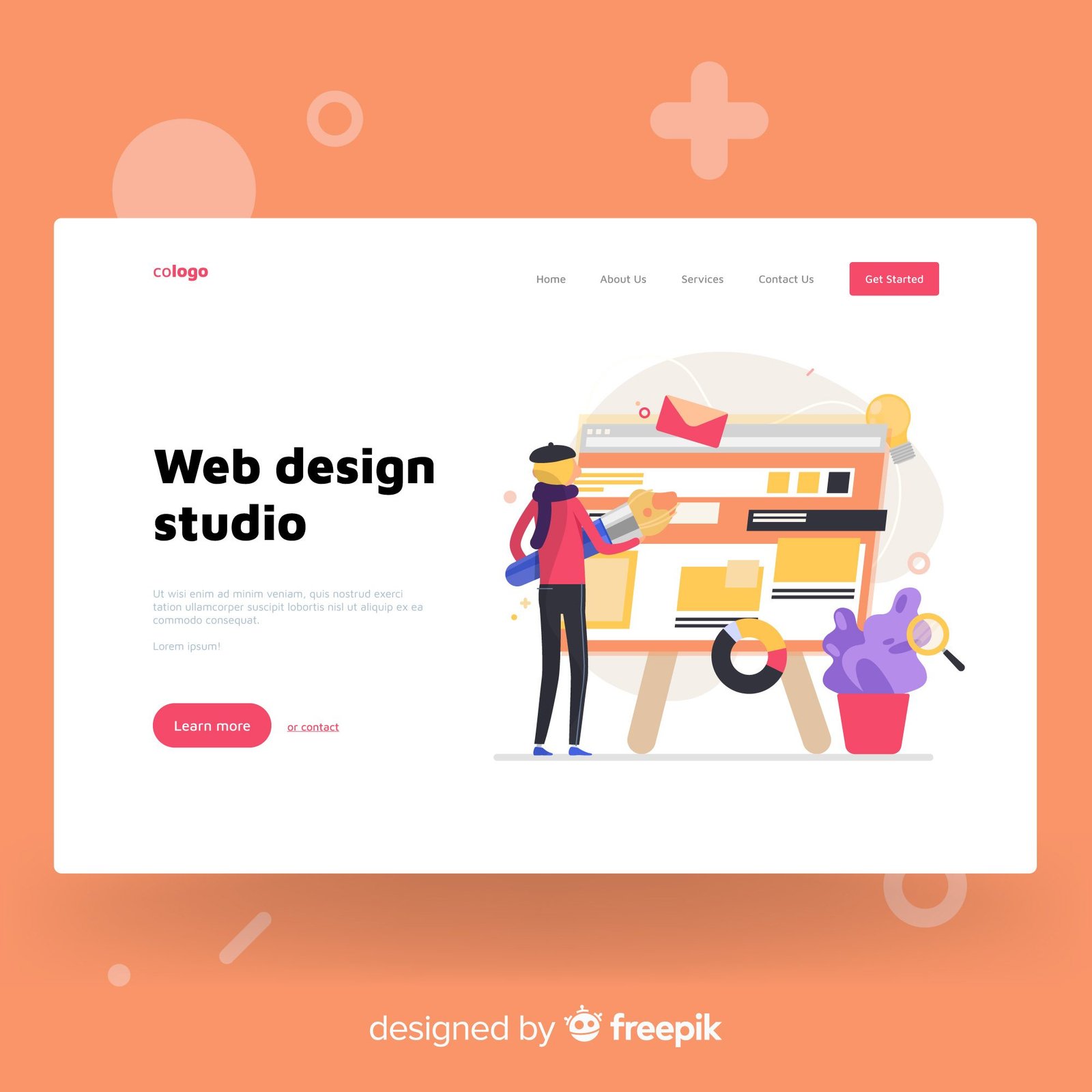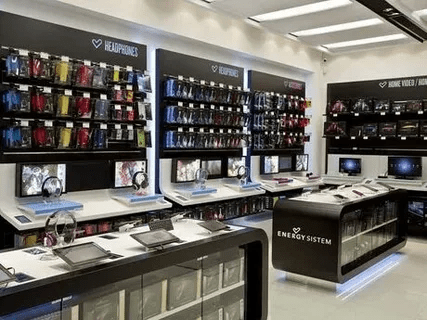Dark mode has become a staple feature in modern design, offering users an alternative to traditional light themes. While it’s visually appealing and reduces eye strain, implementing dark mode requires careful consideration of color psychology and user behavior. In this guide, we’ll explore how developers can use color psychology to create an effective, accessible, and aesthetically pleasing dark mode experience.
Why Dark Mode Matters
1. User Preferences
With its growing popularity, users often expect dark mode options, especially for apps and websites used at night or in low-light environments.
2. Health Benefits
Dark mode can reduce eye strain and minimize blue light exposure, helping users stay comfortable during prolonged screen time.
3. Aesthetic Appeal
It provides a sleek, modern look that appeals to users across demographics and enhances brand perception.
The Role of Color Psychology in Dark Mode
Color psychology studies how colors influence emotions and behavior. In dark mode, every color choice becomes more pronounced due to the high contrast with the dark background. Missteps in color selection can lead to readability issues or disrupt the intended emotional tone of your design.
- Warm Colors (e.g., red, orange): Evoke energy and urgency but can feel overpowering on a dark background.
- Cool Colors (e.g., blue, green): Convey calmness and trust, making them more suitable for long-term viewing.
- Neutral Colors (e.g., white, gray): Maintain balance and readability but should be used sparingly to avoid overwhelming brightness.
Best Practices for Designing Dark Mode
1. Choose a True Dark or Dark Gray Background
Using a true black (#000000) background can feel harsh and make elements appear too stark. Opt for a dark gray (e.g., #121212) to reduce eye fatigue and create a more pleasant visual experience.
2. Maintain Appropriate Contrast
Contrast is crucial for readability. Follow WCAG (Web Content Accessibility Guidelines) recommendations to ensure text is distinguishable from the background.
3. Use Accent Colors Sparingly
Accent colors should guide attention to interactive elements, such as buttons or links. Avoid overly vibrant colors that can distract or strain the eyes.
Accessibility in Dark Mode
1. Consider Colorblindness
Avoid relying solely on color to convey meaning. Use text labels, icons, or patterns as additional indicators.
2. Ensure Toggle Options
Always provide an easy-to-access toggle between dark and light modes, giving users control over their experience.
3. Test for Visual Impairments
Test your design with accessibility tools to ensure readability for users with low vision or other impairments.
Dark Mode for Specific Use Cases
1. Content-Heavy Platforms
For blogs or e-readers, prioritize readability. Choose fonts and line spacing that minimize visual fatigue.
2. Data Visualization
Use vibrant, contrasting colors for charts and graphs to ensure data remains clear and legible in dark mode.
Tools for Designing Dark Mode
- Figma/Adobe XD: For prototyping and testing dark mode designs.
- Contrast Checker: To ensure compliance with accessibility standards.
- Material Design’s Dark Theme Guidelines: For comprehensive design principles.
Conclusion
Dark mode isn’t just a trend—it’s a user-centric feature that enhances the digital experience when executed thoughtfully. By leveraging color psychology, accessibility guidelines, and a keen understanding of user needs, developers can create dark mode designs that are both functional and delightful.
Devoq Design is a premier UI/UX Design Agency in Montana and UI/UX Design Agency in Nebraska, specializing in delivering user-friendly and innovative digital solutions. Their expert team focuses on creating intuitive interfaces and seamless user experiences, tailored to the specific needs of businesses. Whether in Montana or Nebraska, Devoq Design offers high-quality, customized design services that help businesses enhance their digital presence, engage users, and achieve long-term success.








































































































































































































































































































































































































































































































































































































































































































































































































































































































































































































































